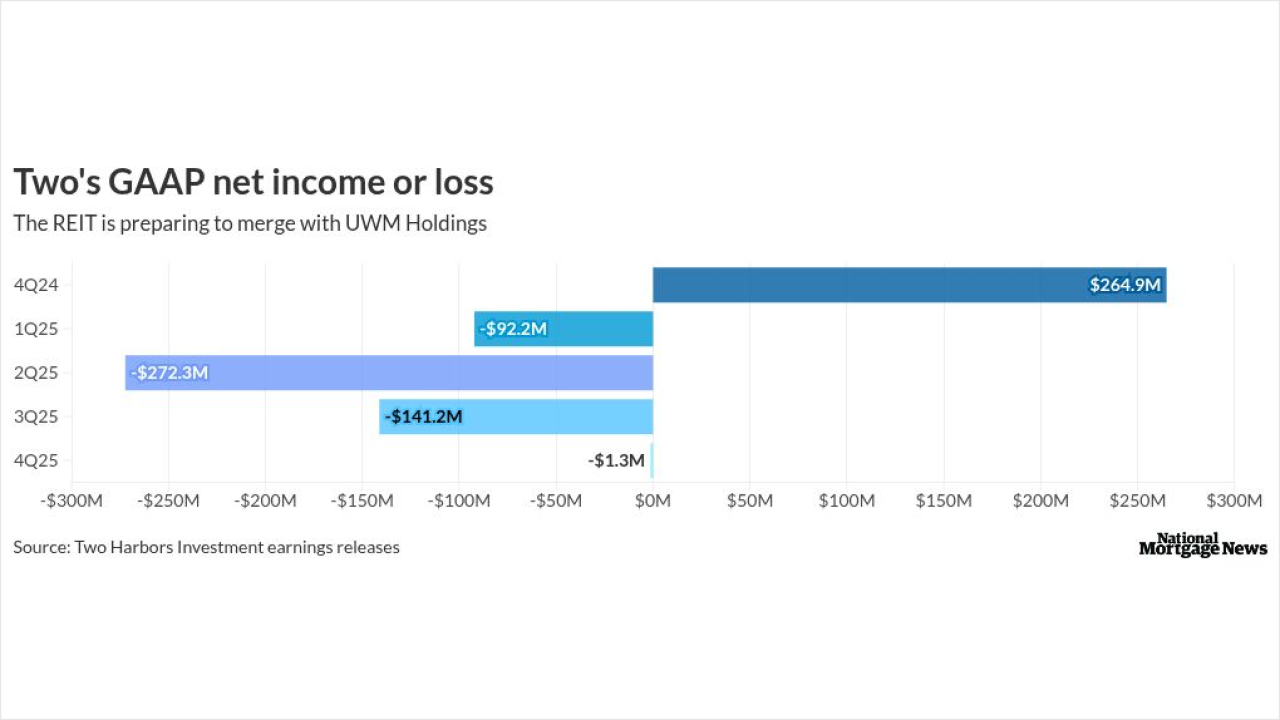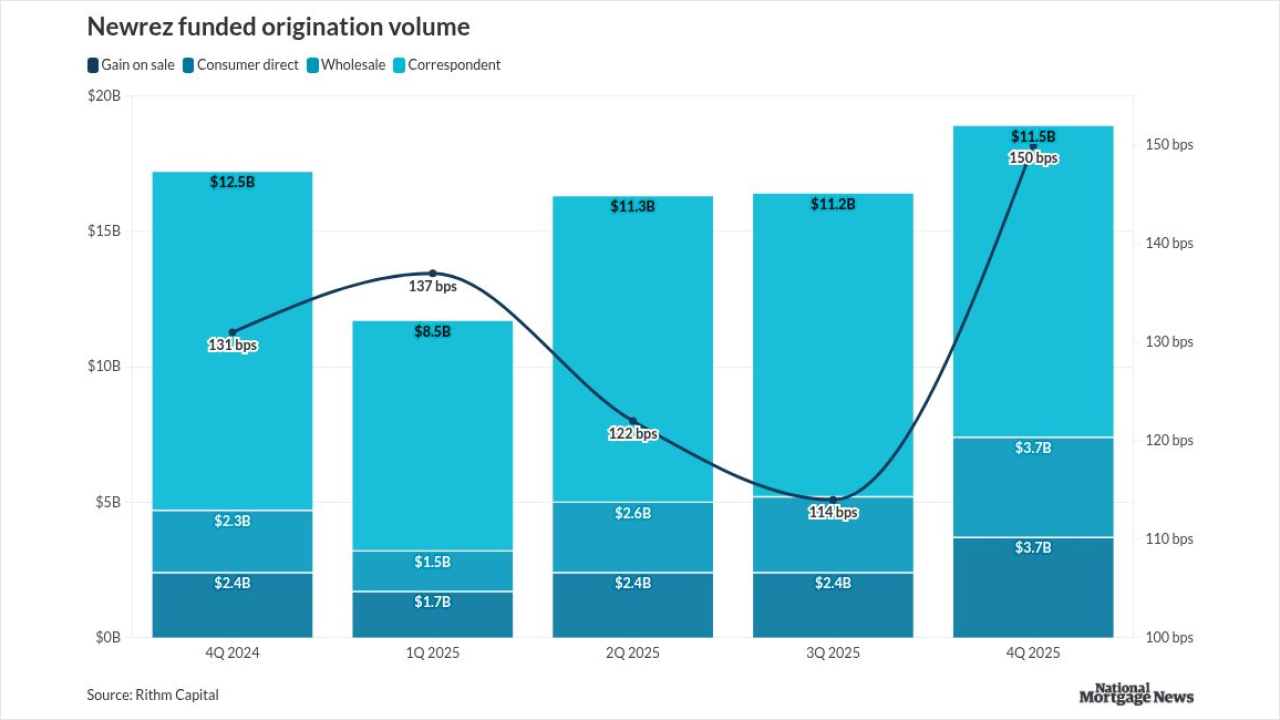Ryan Alexander was on a cruise with his family when he received news he already felt in his bones was coming: the
Though the news was jarring, Alexander's family rallied around him—and encouraged him to take a chance on something new: full-time mortgage lending. He already had experience, he enjoyed the work, and it could be a promising path forward.
Since 2007, Alexander had worked in various roles across the federal government. He had started his public service career as a lab technician at the National Institutes of Health and eventually held business development roles tied to agencies like the Department of Defense and the General Services Administration. But after nearly two decades of federal work, it felt like the right time for a change.

Alexander earned his Virginia mortgage loan originator license in 2021, shortly after an earlier role at the Department of Commerce came to an end. He began working part-time at Kore Mortgage, a brokerage that employs 29 loan officers, slowly building up a client base and learning the ins and outs of the industry.
Following the loss of his GSA contract in early February, Alexander briefly worked another consulting job, but soon decided to go all-in on mortgage lending.
Now working full-time as a broker, he's focused on
The mortgage industry may not offer the stability of a federal paycheck, especially in volatile economic times, but Alexander says he's ready to take that leap.
"I don't know if moving to mortgage is the right thing to do, but I'm willing to bet on myself," he said.
Read on for Alexander's journey into mortgage lending.



